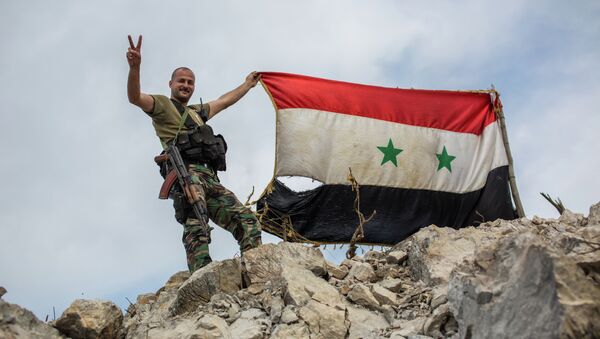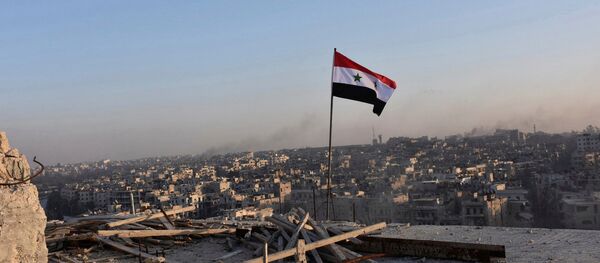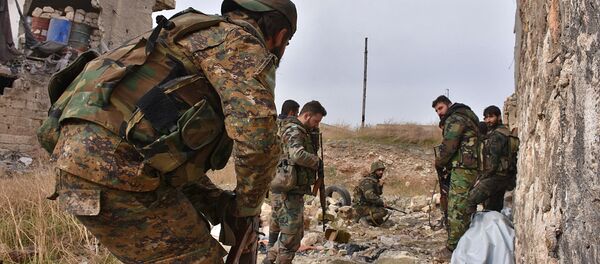Victory in Aleppo will be the Syrian army's most notable success since Russia directly intervened in September 2015. Before the war, Aleppo was Syria's economic hub, and it is also the largest city in Syria. Liberating the entirety of Aleppo will not only serve as a morale boost to pro-government forces, but it will also allow for the deployment of thousands of troops, and dozens of tanks and armoured vehicles to other key battlefronts.
Potential areas where pro-government forces may target next include Aleppo's countryside, Palmyra, Idlib and Latakia. It seems likely that the Syrian army will launch a counterattack on Palmyra against Daesh, to retake the ancient city before the Islamist militants have a chance to set up fortifications. Pro-government forces may simultaneously continue operations in Aleppo's countryside, to guarantee the safety of the city.
President Assad's government is in a strong position, but this has not always been the case. In fact, at a few points throughout the war, his forces were under strain in their fight against a well-funded, foreign-backed, armed opposition.
Iran and Hezbollah have been heavily active in the Syrian war since around 2012, with Iran has providing weaponry and funding, and also helping organize and train pro-government forces, especially the National Defence Force (NDF.) Hezbollah has committed thousands of fighters to the Syrian war, and has been instrumental to the success of many key operations, especially in Yabrud and Qusayr.
Hezbollah and the Syrian government are allies because of their shared anti-Zionist policies. Syria was Iran's only Arab ally during the Iran-Iraq war in the 1980s. Iran has returned the favour, providing the Syrian government with financial support to help it continue to pay government employees and bolster Syria's dwindling economy. Furthermore, Iran has also provided Syria with crude oil, as much of Syria's oil fields and petroleum infrastructure has been seized by armed groups. Other nations, such as Venezuela, have also provided Syria with oil since the conflict began.
Syria's anti-Zionist position has been one of its cornerstone policies, and the Syrian Armed Forces have gone to war with Israel several times, ultimately, costing them the Golan Heights.
Syria has hosted many Palestinian refugees for several decades. Thousands of Palestinians have fought alongside the Syrian army. For example, Liwa Al-Quds (a Palestinian militia), has been active in military operations in Aleppo, proving crucial to the Syrian army's recent success there.
As well as carrying out airstrikes against Islamist groups (since September 2015), Russia has also provided Syria with humanitarian aid, and economic support.
Russia and Iran have provided the most support to the Syrian government, while other allies, such as China, have only provided political backing. The conflict has demonstrated that Syria has staunch allies, and it will be interesting to see how these alliances develop once the war ends.
The views expressed in this article are solely those of the author and do not necessarily reflect the official position of Sputnik.





